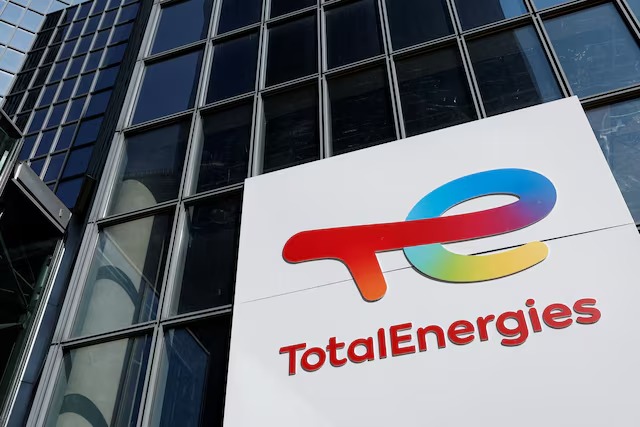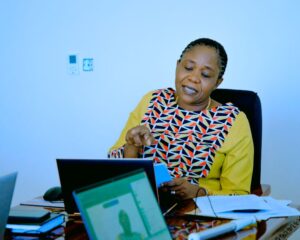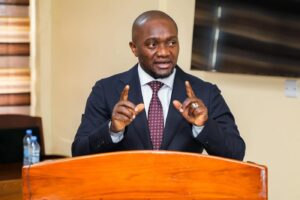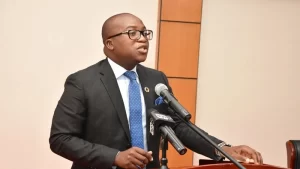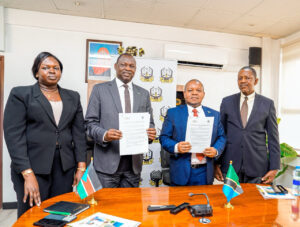TotalEnergies faces investor backlash over human rights allegations in East Africa oil project
By Business Insider Reporter
One of Europe’s leading investment firms has dropped TotalEnergies from its sustainable portfolios, citing unresolved human rights concerns tied to the controversial East African Crude Oil Pipeline (EACOP) and related operations in Uganda and Mozambique.
Germany’s Union Investment, a top-20 investor in TotalEnergies, made the decision ahead of the French oil giant’s annual shareholder meeting scheduled for this week. The move adds fresh pressure on the company and its regional partners, including Uganda and Tanzania, to address ongoing concerns around human rights and environmental governance.
At the centre of the storm is Uganda’s Kingfisher oil site in the Albertine Graben, a key component of the $15 billion EACOP project, in which TotalEnergies holds a 62% stake.
In a report released this month, non-profit watchdog, Just Finance International (JFI), documented alleged abuses including forced evictions, beatings and intimidation by Ugandan security forces, reportedly acting in the vicinity of oil installations.
“Our review of the situation, in consultation with civil society, raised significant red flags. We no longer consider TotalEnergies eligible for our sustainable investment funds,” said Henrik Pontzen, Chief Sustainability Officer at Union Investment.
The report’s findings are based on two years of fieldwork and interviews with more than 40 individuals in the affected communities. Union Investment’s divestment, though limited to its ESG-linked funds – worth roughly €50 million – sends a powerful signal, especially as Tanzania and Uganda tout EACOP as a cornerstone of their energy ambitions.
TotalEnergies, for its part, has denied any wrongdoing. A spokesperson said previous internal investigations concluded that the claims were not directly linked to the company’s operations.
The company also confirmed ongoing discussions with Union Investment and reaffirmed its commitment to “transparency and community engagement.”
Kingfisher is operated by China National Offshore Oil Corporation (CNOOC), which owns a 28% stake, while Uganda National Oil Company holds the remaining 15%. The crude extracted will be transported via the 1,443km EACOP pipeline to the Tanzanian port of Tanga.
In Tanzania, EACOP has sparked mixed reactions. While the government sees the project as a catalyst for job creation and energy security, environmental groups have warned of risks to protected ecosystems such as the Wembere wetlands and the Tanga coast.
Land acquisition and compensation disputes have also drawn concern.
The recent investor move comes amid increasing scrutiny from global ESG-focused investors, as fossil fuel companies face mounting pressure to uphold not only environmental standards but also social and human rights obligations.
“This is not just about oil. It’s about how multinational projects operate in developing countries, and whether affected communities have a voice,” said a regional analyst with the African Energy Transition Initiative.
Uganda and Tanzania both defend the EACOP project as lawful and beneficial, citing environmental impact assessments and mitigation plans. Yet the growing list of critical reports – and now, investor actions – suggest the global spotlight on accountability is intensifying.
TotalEnergies’ shareholder meeting this week could become a defining moment for the company’s Africa strategy.
For East African governments, it raises an urgent question: can large-scale energy development proceed without sidelining the rights and welfare of local communities?
Ends

